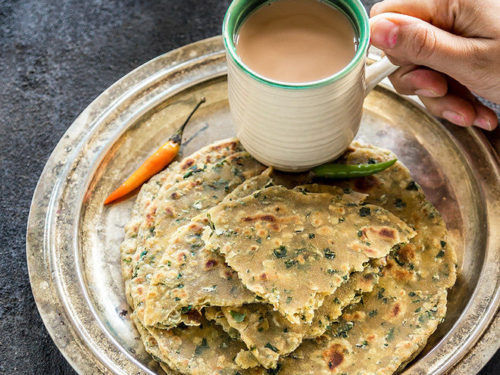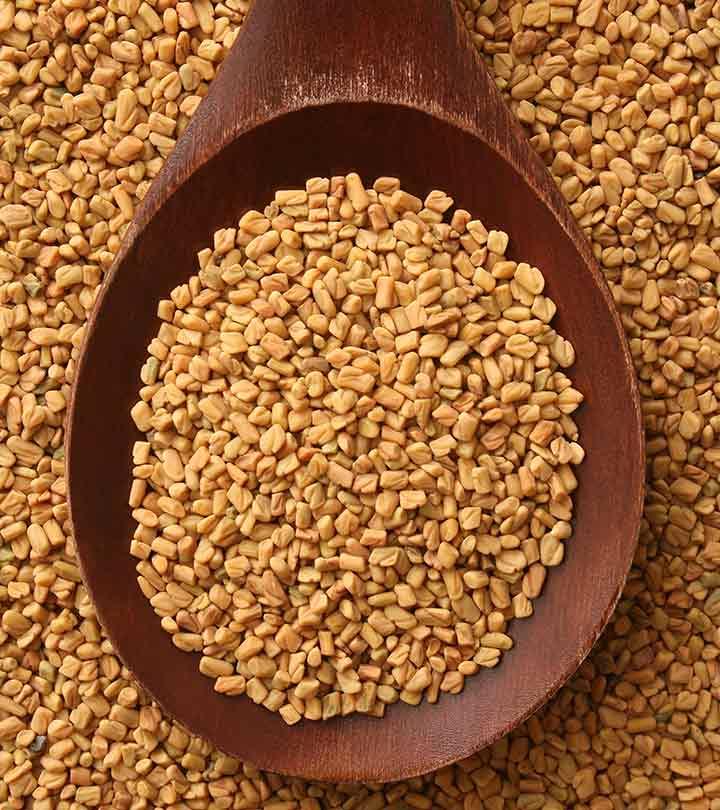Why Methi Should be a part of your Winter Diet

We love to keep the winter chills away with the warmth of scrumptious meals. Dishes like Ghee Parathe, saag, sheera etc. become a part of our winter diet and we love gorging on these dishes in this season.

But apart from keeping our taste buds happy, it is also important to include food items that offer health benefits and Methi tops this list. No wonder we find methi in every dish like Saag, pakode,parathe, poori, chutney, etc served especially during winters.
Here is how Methi benefits you during winters
Improves Blood sugar

It is imperative to keep a tab on your blood sugar levels during winters since this is the time you will be snacking on Gajak, Gud Patti, etc. Methi can help you keep blood sugar levels in control that will keep your heart healthy.
Known to control cold

It is very common to suffer from cough and cold during winters and methi is known to have anti-viral properties and hence it can help you control cold.
Improves Hair health

Methi seeds are rich in amino acids and hence promote hair growth. Taking care of hair health is important during winters as they can easily get damaged when left exposed to chilling wind.
Aids digestion

Methi helps in improving digestion people who suffer from frequent constipation. It contains fiber and also helps with other gastrointestinal issues.
Reduces inflammation

Chronic cough and Bronchitis are results of inflammation. Methi leaves provide relief from inflammation and even minor kidney problems.
Here are a few health benefits of methi leaves aka fenugreek. Apart from including it in your diet, you can also use fenugreek leaves for external applications. You can also reap the same benefits from methi seeds.
RELATED ARTICLES

How to fast healthy during Navratri

Foods that Trigger Migraine Pain



